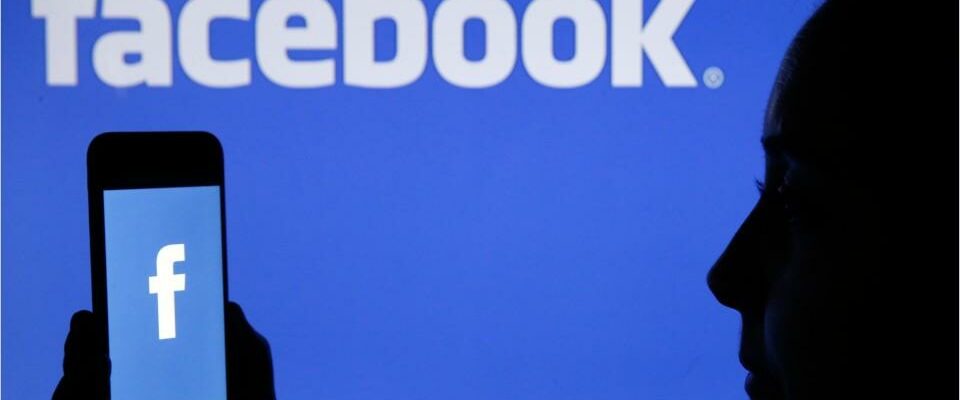When I made my first Facebook account, I managed it like my Twitter account: open-bar, open to everyone. I could have put up a sign “come as you are” to use the slogan of a famous fast-food chain.
At the time, I worked nights, Facebook made it possible to attract customers. I hung around groups, I identified people in photos, in short, I did online public relations. There was almost only Facebook for that. Emails fell into disuse and SMS were reserved for VIPs.
Then I reluctantly left the night, had a sort of digital meltdown, and deleted all my social media accounts. A few days later, I reopened my Twitter account and created a new Facebook account. Since then, my rule has been simple: open bar for Twitter, very restricted on Facebook and Instagram. If I don’t know you in real life, there’s no point in adding me or asking me as a friend. Paradoxically, I feed Twitter, Mastodon and BlueSky a lot more than Facebook and Instagram.
Time loop
Few contacts on Facebook so, I see the same things all the time, from the same people and let’s be honest: Facebook has become a nursing home. It’s not necessarily a question of true age, but rather of mentality.
In a way, it’s good: it allows you to see what we’re going to look like in a few years. We will post comments with questionable spelling and grammar, with only exclamation points as punctuation. We will courageously share totally bogus and bogus images, with the words “who will dare to share?” » Because, as is well known, it takes courage worthy of a legionnaire on the battlefield to click on “share”.
We will send adoption requests for dogs and cats to our entire directory. We will ask the same stupid questions thirty times without bothering to search on Google. We will publish photos of children, without asking ourselves if they have consented to their images being shared with the entire planet. We will think of making a revolution by publishing news, with many emoticons showing our indignation. In short, we will simply be unbearable.
Electronic illiteracy
In a sense, Facebook illustrates the cultural gap in computing very well. Those who have a certain mastery, a certain culture, know exactly what not to do, not only to avoid appearing like a complete moron, but also to avoid exposing themselves too much, and the others: those who are still to believe that FileMaker Pro is relevant software.
As for the next generation, they only use Facebook for real things. Mark Zuckerberg’s social network is a pretty good demonstration of the technical and digital ignorance that reigns supreme. Never try to correct someone who posts nonsense, bigger than the White House. Best case scenario, he’ll say “yes, yes” and continue to post nonsense. Quite simply because it corresponds to his thought pattern.
The boomer generation is lost to science, ours can still be vaguely saved and even so, we can have doubts when we see what is shared on Twitter. As for the one that follows, when we see that many people don’t know how to do a search in a search engine, we say to ourselves that we have generated several generations of digital morons. The question is: is it Mark Zuckerberg’s fault?
It deserves to be asked, but if the founder of Facebook has some responsibility in the digital decline, he is not the only culprit. From start-ups to politicians, including the media and the State, everyone has kindly deferred to the big bad guys. It’s true that it’s easier to blame others when you yourself have largely participated in lowering the level of demands. At one time, as a joke, people said that we might need to create a license to use the Internet. In hindsight, objectively, it no longer seems so far-fetched.
